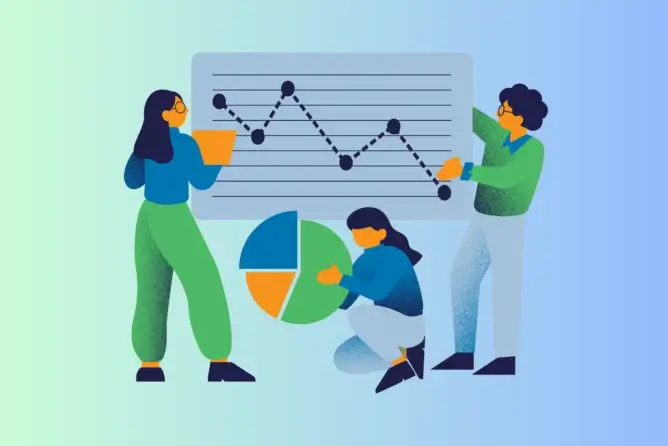WordPress in 2026: Hosting, Speed, and Plugin Tips from an Insider

In this article
Why WordPress Works for So Many Websites
Hosting: It’s a Bigger Deal Than You Think
Speed Affects Everything
Be Smart About Plugins
Stay on Top of Updates
Starting Fresh? Here’s What to Focus On
Wrapping Up
Watch the Full Episode on YouTube
Running a WordPress site today is easier than ever, but making sure it’s fast, secure, and not a total nightmare? That takes a bit more thought.
In our latest Tapfiliate podcast episode, we sat down with Roger Williams, Community Manager at Kinsta, to get answers.
Kinsta is one of the top managed WordPress hosting providers, and Roger shared practical tips on everything from speeding up your site to using plugins without compromising performance.
We also discussed what’s coming next for WordPress and why more businesses opt for managed hosting over in-house solutions.
Here’s a quick breakdown. Let’s go!
Why WordPress Works for So Many Websites
So, why does WordPress remain the most popular go-to platform? Of course, because of its flexibility and community support. But not only because of that:
It’s open-source, customizable, and supported by thousands of plugins and developers worldwide. That makes it easier to find tools, troubleshoot issues, and scale your site over time without being tied to a closed platform.
Hosting: It’s a Bigger Deal Than You Think
It’s tempting to go with the cheapest hosting plan you can find, especially in the beginning. However, Roger pointed out that poor hosting can slow down your site, cause outages, and even expose your site to security problems.
A good host takes care of the tech stuff, like server setup, updates, backups, and caching. So you don’t have to. That means fewer issues and more peace of mind.
Speed Affects Everything
If your site is slow, visitors won’t wait around. And Google won’t be kind to it either.
A few things that help:
- Stick with a simple, well-coded theme
- Only install the plugins you really need
- Run regular speed checks with tools like PageSpeed Insights
- Use a host that supports modern PHP versions and caching
Some hosting platforms also offer performance tools to help you spot what’s slowing your site down. Super handy if you’re testing new landing pages or working with AI-generated content.
Be Smart About Plugins
Plugins are one of the best things about WordPress. They also happen to be one of the biggest reasons sites slow down or break.
Before you install something, ask: What problem am I trying to solve? Is there a lightweight alternative available? Can I get the same result another way?
When building an online store, ensure the checkout process is seamless. Having Apple Pay or Google Pay available can make purchasing a lot easier, especially on mobile devices.
Stay on Top of Updates
Outdated plugins can break your site or, worse, make it vulnerable. Some platforms now offer automatic update tools that test for issues before pushing changes live. That can save you from nasty surprises.
For example, Kinsta takes screenshots of your site before and after plugin updates. If something looks off, it rolls things back and lets you know. That kind of tool can make updates feel a lot less risky.
Starting Fresh? Here’s What to Focus On
If you’re new to WordPress, getting help from someone who knows what they’re doing can go a long way. That could be a freelancer or an agency. Just make sure they understand the type of site you want to build.
Once your setup is solid, you’ll have a much easier time adding content, testing features, and growing your site without constant roadblocks.
Wrapping Up
Having a site that runs smoothly, loads quickly, and doesn’t crash every time there’s an update makes everything else easier. That’s true for any website, but especially for people using WordPress to support affiliate marketing or other performance-driven projects.
According to Google, the chance of a bounce increases by 32% when page load time goes from 1 to 3 seconds, and affiliate clicks or conversions lost to slow pages are hard to get back.
Watch the Full Episode on YouTube
Need more details or just prefer video format? Watch the full episode of our podcast on YouTube.
Subscribe to our channel to stay up-to-date with educational and helpful content about affiliate marketing, e-commerce, SaaS, and everything in between, which we regularly roll out.
Think of tapping into affiliate marketing? See how Tapfiliate can scale your affiliate program.



















